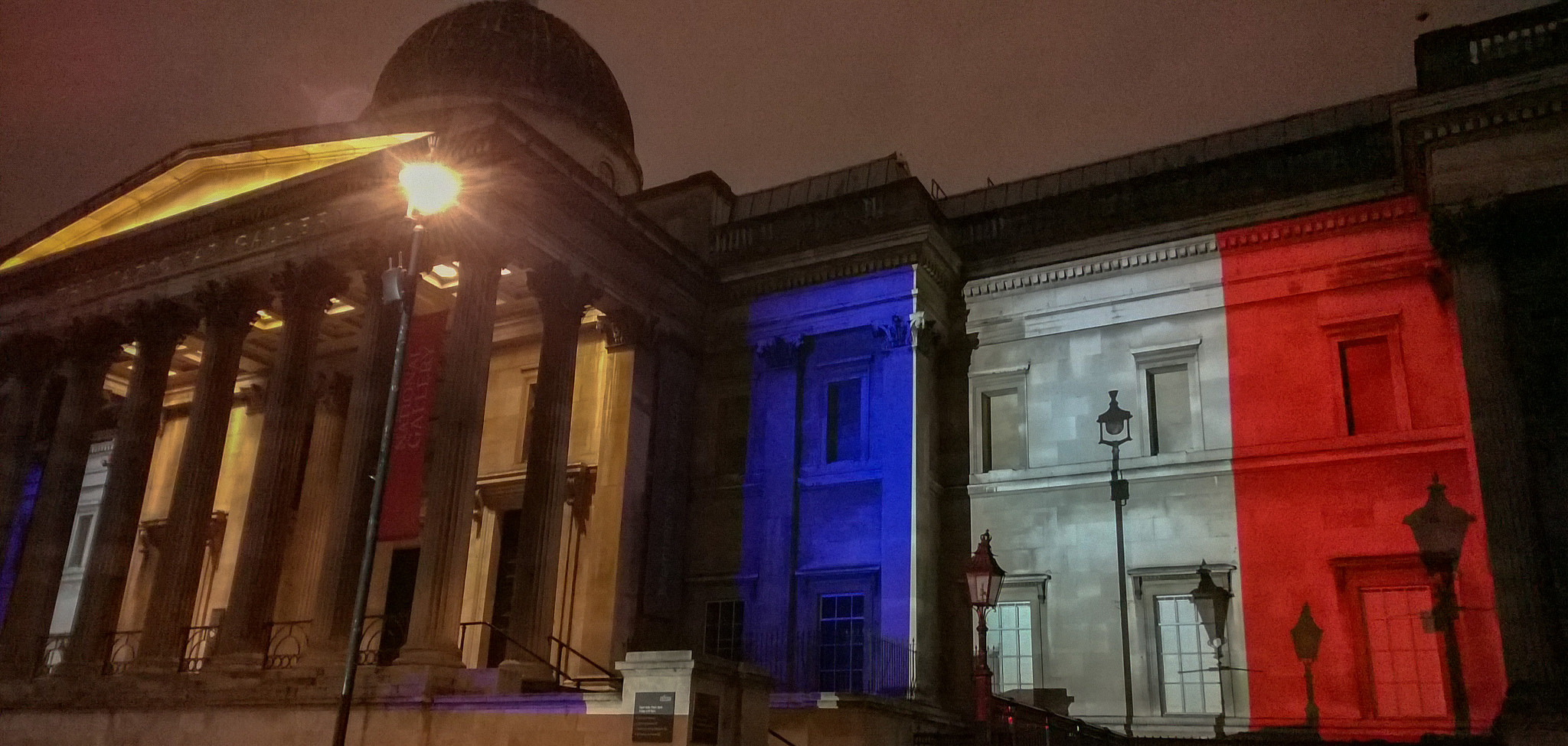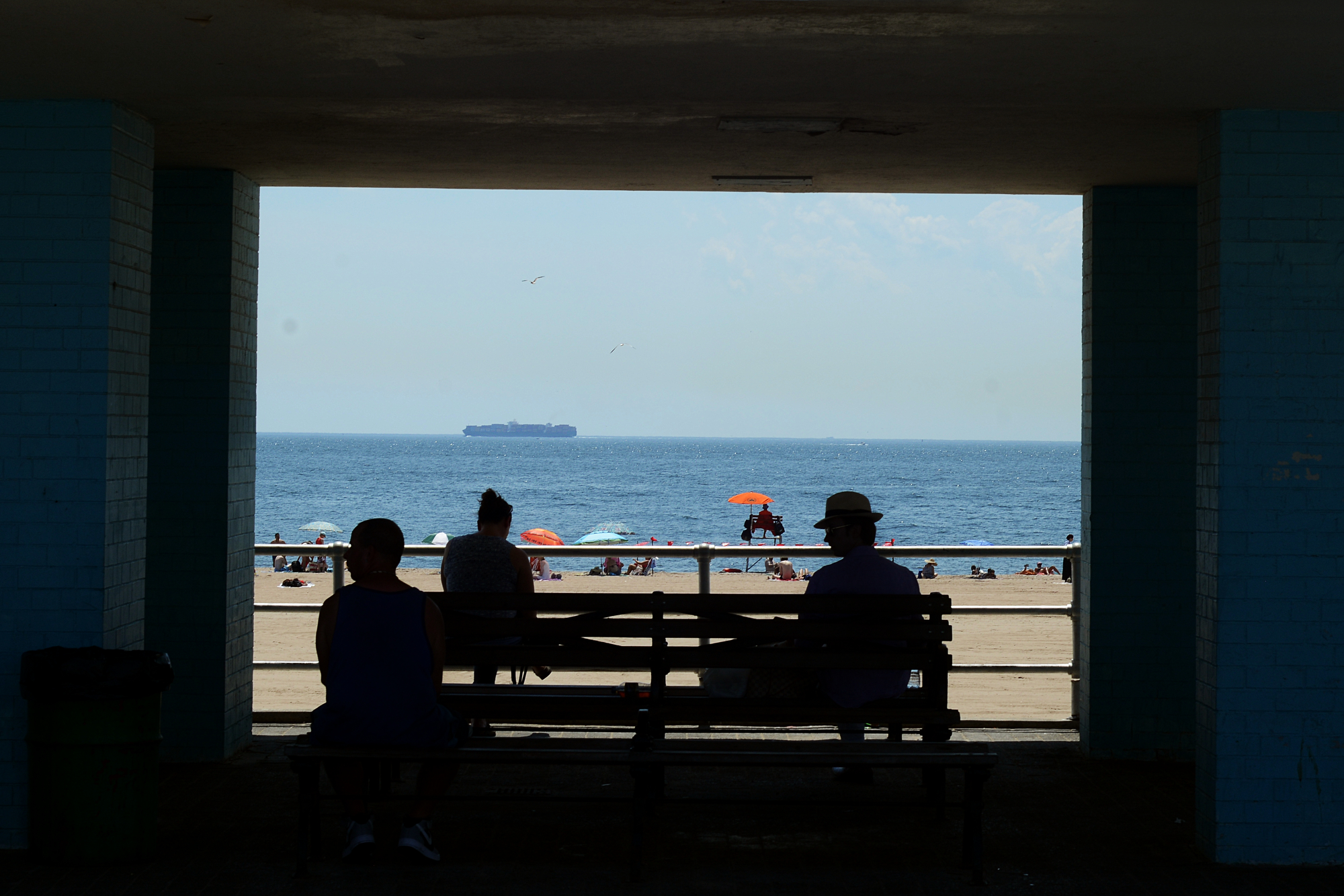It was the last night of my conference in Paris, and I was sitting with some new friends in a Brazilian restaurant near the Avenue de la République. We had just wrapped up a day of panels and presentations on the topic of race at the Sorbonne, and the six of us—two Dutch scholars, an Italian, a Belgian, a French woman, and me, the American—had gone out to celebrate. I felt a bit sheepish, as an American, to be eating food from the Americas in Paris, but a few drinks erased that feeling.
We had just finished eating and were sitting around chatting when the once emptying restaurant became full of people again. A young French couple hurriedly slipped into the restaurant and sat down at the table next to us. The man spoke English to us. “Don’t go outside,” he said.
The people at my table huddled anxiously around him. People were running in the streets away from something, he told us. I glanced around the restaurant and saw that everyone was already staring at their phones. Looking at my own, I saw a news alert that said that several bombs had gone off in the Bataclan concert hall.
“That is just 1,000 meters from here,” the French man said, eyes wide. Some of the women around me gasped.
“How far is that?” I, the American, asked.
“Very close, very close,” he said.
Continue reading HelpersChinyere Osuji Chinyere Osuji is the author of Boundaries of Love: Interracial Marriage and the Meaning of Race, uses social science to understand how Blacks interact with ethnic and racial “others,” and has watched Something in the Rain five times. Site | Instagram | Twitter | Clubhouse
- Follow us on Twitter: @inthefray
- Comment on stories or like us on Facebook
- Subscribe to our free email newsletter
- Send us your writing, photography, or artwork
- Republish our Creative Commons-licensed content


